Foxtel’s Brian Walsh helped reshape Australian television
Television executive Brian Walsh always knew Australians would enthusiastically adopt pay TV, and his skills help draw millions to it.
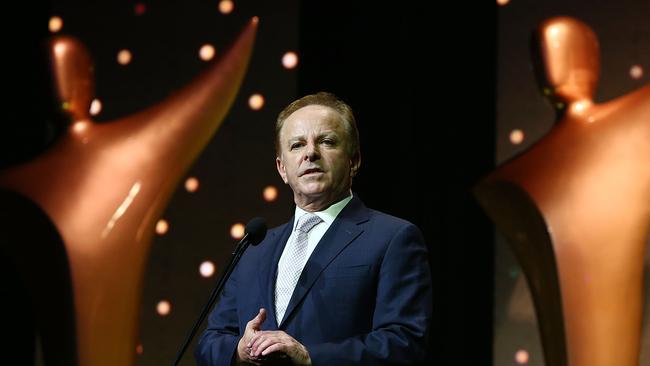
Obituary
-
Brian Walsh had the same sound advice for anyone new to the industry he towered over for decades: “Get over yourselves; it’s only television.”
And it was only television to Walsh as well. It’s just that like the other legends of the business – Kerry Packer, Reg Grundy, Hector Crawford and Sam Chisholm – he had an instinctive understanding of Australians, how they wished to be informed and what entertained them.
He was unashamedly hooked on ideas that would appeal to average and often overlooked Australians of all ages. He was particularly proud of the audience of older Australians Foxtel had attracted that he believed free-to-air broadcasters had abandoned long ago.
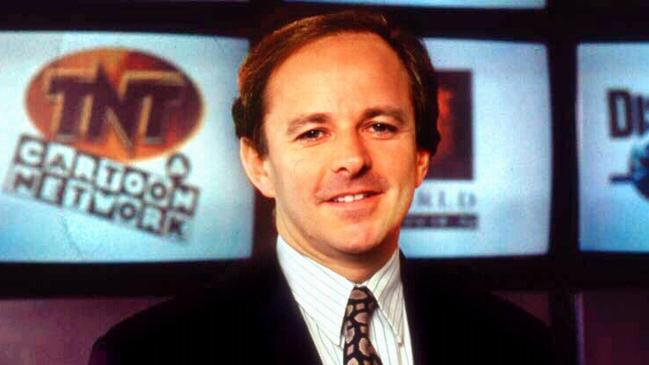
He also believed in strong female characters in the various drama series he oversaw, and emphasised their role in Foxtel series such as 2018’s Picnic at Hanging Rock and 2014’s The Kettering Incident, the first adult drama to be filmed in Tasmania.
Walsh’s experienced hand could be seen in promotion for The Kettering Incident, both the sneak preview at the edgy Dark Mofo festival and then at nine locations around that state.
His commitment to local productions telling Australian stories was unwavering, notwithstanding the cost of doing so.
Interviewed while launching three local programs last year, Walsh told a reporter he thought it “imperative that the stories we tell resonate with Australian audiences first and foremost and support our creative community”.
He said he wanted to give Australian stories “room to work and the widest audience (they) can”, which would boost the local creative industry.
He was always encouraging writers and producers to pitch Australian ideas to him: “It’s never been more important to tell our stories to pass on to future generations; stories that can only be written, created and produced by Australians.”
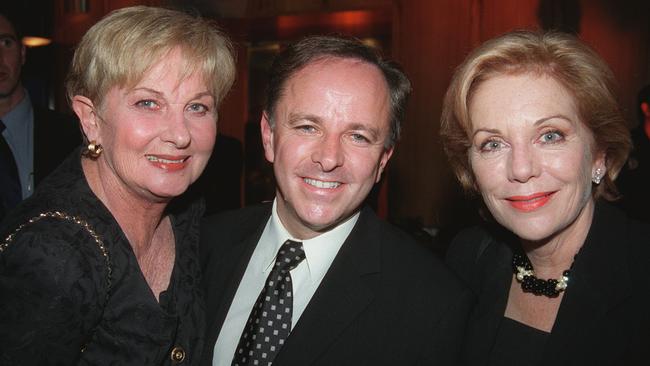
Walsh will be remembered for the 28 years he spent at Foxtel.
But it was an accidental career, even if he had quite literally been there at the birth of the company; he was at the lunch with Chisholm at Sydney’s Catalina restaurant late in 1994 when they bandied about names for it and came up with Foxtel.
By the mid-1990s he had been running his own company, The Promotions Department, for five years and was approached to consult to the new subscription broadcaster. Chisholm was the demanding boss and he demanded that Walsh find him a program director. Walsh knew more than a few and, one by one, took their names to Chisholm, who dismissed them all and told Walsh he had to do better.
Walsh’s list was exhausted. So Chisholm demanded Walsh do it. They had worked together in London during their British Sky Broadcasting days and Chisholm rated him. Unconvinced it was a good fit, Walsh said he lacked the background for such a key role. He had never been in programming. Chisholm was unmoved: “Don’t worry. There’s not many people watching. If you make a mistake no one’s going to notice.”
They would notice today. It was in no small part due to Walsh’s foresight, imagination and deep understanding of his audience that the Foxtel Group has more than 4.5 million subscribers.
Walsh was there when the company was run from two leased offices in which the kitchen was also the tape library and station promos were edited in the hallway.
Many staff and Foxtel’s small audience back then perhaps had doubts about the future of pay TV, but Walsh had none; at BSkyB he had been part of the launch of its Sky Channel, which in 1992 sensationally won the rights to broadcast English Premier League soccer in a $550m deal.
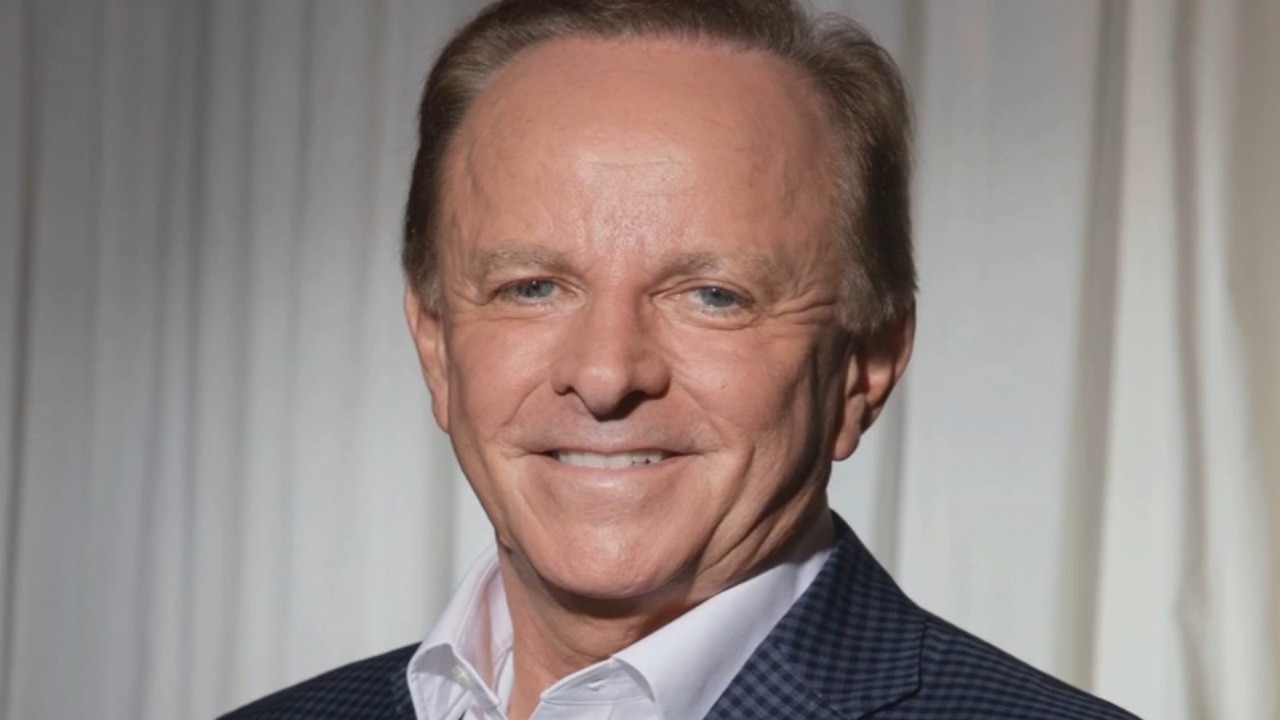
That five-year contract revolutionised pay TV in Britain. When other cable competitors sought to secure the rights next time, Rupert Murdoch and Chisholm kicked them out of the park with a $1.2bn deal.
Walsh understood that it would also be big business in Australia, especially after the long wait. The first public inquiry into a local pay-TV industry had taken place in 1982.
Kim Williams, who has served as chief executive of Foxtel and News Corp Australia, and worked closely with Walsh for seven years, believed him to be a “promotional genius”.
“I don’t think anyone in television was ever as gifted with a reservoir of promotional ideas and stunts and lateral thinking in relation to getting public attention to our individual programs,” Williams said. “He was astonishing.” Sport and rock music have had an awkward relationship, with corny songs sung by soccer and baseball teams usually ending in embarrassment all around. But Williams said Walsh had reinvented the public image of rugby league with his Tina Turner-led Simply the Best campaign in the ’90s.
Beyond the promotional role, Walsh was in charge of programming. “And Fox8 was very much an original creation of Brian’s,” Williams said. “And he regarded that as being the kind of welcome doormat to the Foxtel service in the late ’90s and early 2000s.”
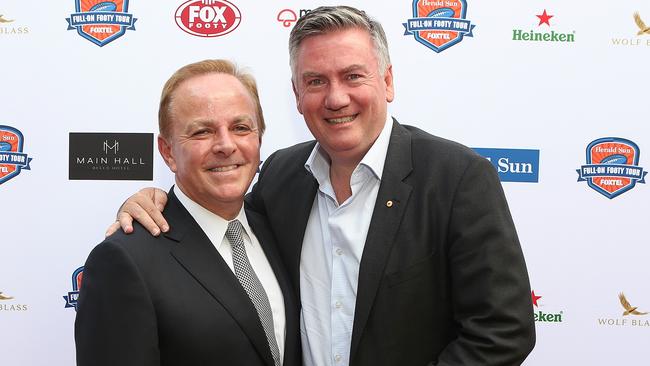
Williams said Walsh constantly experimented with programming and presentation “to really make it a very vibrant and different alternative from terrestrial television”.
Walsh’s involvement with Australian content went back to 1972: “He had all of the original promotional responsibility for Number 96,” Williams recalled. “Which of course reinvents a lot of presentation of Australian programming to Australians with the campaign that said ‘Tonight Australian television loses its virginity’.”
Walsh studied in Sydney for a bachelor of communications and then scored a job as a trainee in the ABC’s studios. He later joined film and television producer David Elfick, who had made his name in 1971 with the classic surf film Morning of the Earth. While there Elfick made the popular docudrama Newsfront about the early years of Australian television newsgathering, which starred Bill Hunter, Wendy Hughes, Gerard Kennedy and Bryan Brown.
Walsh moved on to be promotions manager of Sydney radio station 2SM and during that time worked with film publicist Wendy Day. From there he worked as the publicist for Network 10 handling the TV series Vietnam, The Cowra Breakout and Bangkok Hilton, on which he involved Day, who from then on worked with its star, Nicole Kidman. Day spoke to Kidman in the US on Friday and Kidman said Walsh “had been family to us (the Kidmans)”.
Walsh is widely credited with helping the decades-long success of Neighbours. It was born in March 1985 and the last of it 8903 episodes aired last November (and Amazon has announced plans for its rebirth next month). The legendary show kickstarted the careers of Kylie Minogue, Jason Donovan and Guy Pearce.
Later, his promotions company produced many grand final and State of Origin shows and handled the publicity for Australian tours by Michael Jackson, Barbra Streisand and Neil Diamond.
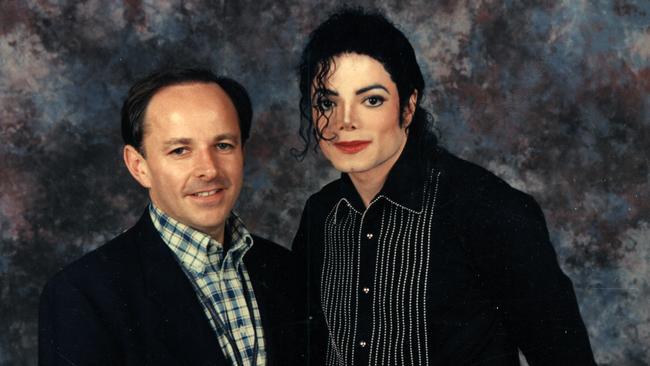
After his long career at Foxtel he was most recently its executive director of television.
Sky News Australia chief executive Paul Whittaker said Walsh had taken a strong interest in the development and growth of the news channel from the start.
“He had a passion for bringing Australians premium television content and the best local and international news,” Whittaker said.
“Brian had a remarkable ability to identify star quality and worked closely with many of our hosts over many years to foster their broadcast careers.
“Brian Walsh was a true gentleman of Australian television and the media industry … (with) an innate understanding of what works on television and an ability to pick winners in different genres over many decades as the nation’s viewing habits and interests changed.”
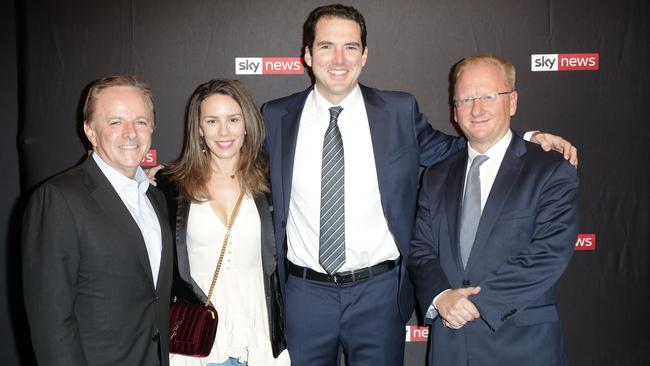
Actor, writer and television commentator for The Australian Graeme Blundell described Walsh as “a showman to his always polished shoes, with a quick brain, the gift of the gab, a rare ability to be constantly surprised by what came his way, and unrivalled knowledge of not only TV but show business in all its motley glory”.
Blundell added that not only did the Foxtel boss know where all the bodies were buried but also who and where the good people were – and he supported them generously.
“He was a straight arrow to work with and, unlike many, a man of his word – deals signed off with a handshake. I had the greatest of respect for him, loved his company and valued his loyalty.
“He had such an eye for new shows he took residence in success; few others have had such an influence on local television.”
He gave celebrity newsman Peter Ford, and so many others, their start in television. “I was a radio producer in Adelaide and struck up an occasional phone friendship with Brian. He suggested I apply for a job on the old Good Morning Australia show as a producer.”
Like Walsh years earlier, Ford baulked at the offer, having no experience in the medium. Walsh told him to “learn fast, and don’t stuff up”.
“His greatest gift was creating excitement – even a mania – for whatever producer he was involved with. His gifts were vision and passion, and getting Australian stories told on the screen.”
Walsh regularly made lists of television’s most influential people, one published in The Sydney Morning Herald describing Walsh, after steering Foxtel through decades of growth, as “TV’s original triple threat: a vastly experienced multichannel executive with a knack for programming, marketing and publicity”.
Walsh was also known for his compassion and generosity, making sure stars such as Stan Zemanek and film reviewer Bill Collins found homes on Foxtel when they were perilously unwell towards the end of their lives.
He knew instinctively what would work on television and, just as important, what would not. But he found it hard to be brutally honest with writers and producers if they approached him with something he thought unworkable.
If Walsh said he’d get back to you, he would with enthusiasm. If he told you that he would have someone else call you about it, then it was probably a dud and you were best advised to take it elsewhere.








To join the conversation, please log in. Don't have an account? Register
Join the conversation, you are commenting as Logout